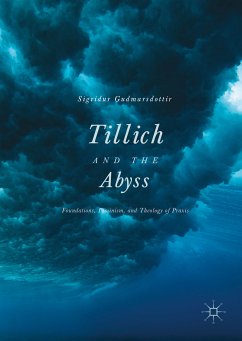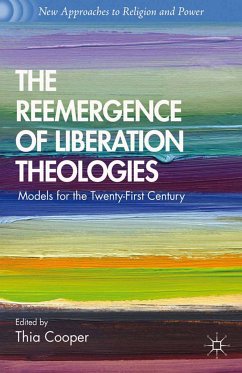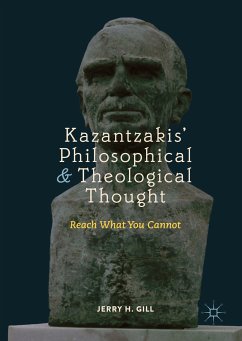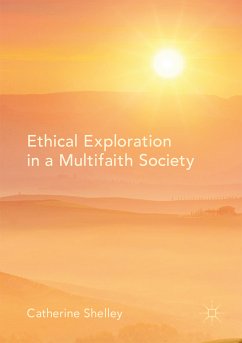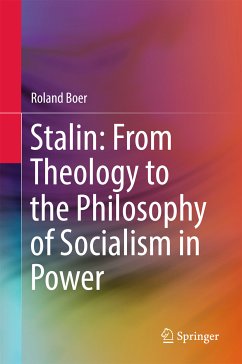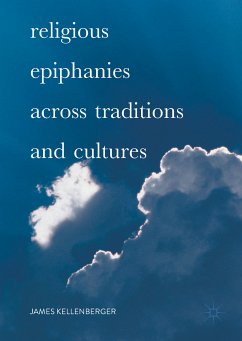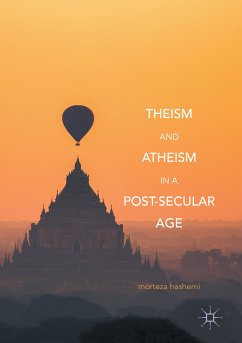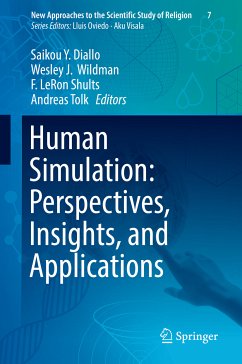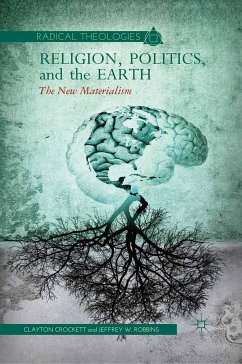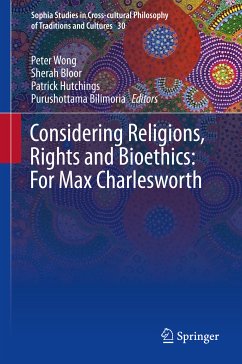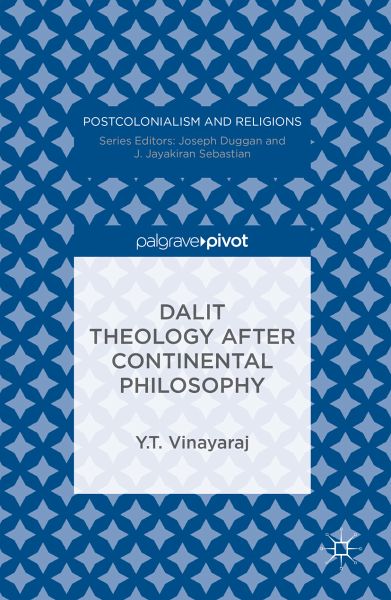
Dalit Theology after Continental Philosophy (eBook, PDF)
Versandkostenfrei!
Sofort per Download lieferbar
40,95 €
inkl. MwSt.
Weitere Ausgaben:

PAYBACK Punkte
20 °P sammeln!
This book, steeped in the traditions of both postcolonial theory and Continental philosophy, addresses fundamental questions about God and theology in the postcolonial world. Namely, Y.T. Vinayaraj asks whether Continental philosophies of God and the 'other' can attend to the struggles that entail human pain and suffering in the postcolonial context. The volume offers a constructive proposal for a Dalit theology of immanent God or de-othering God as it emerges out of the Lokayata, the Indian materialist epistemology. Engaging with the post-Continental philosophers of immanence such as Gilles D...
This book, steeped in the traditions of both postcolonial theory and Continental philosophy, addresses fundamental questions about God and theology in the postcolonial world. Namely, Y.T. Vinayaraj asks whether Continental philosophies of God and the 'other' can attend to the struggles that entail human pain and suffering in the postcolonial context. The volume offers a constructive proposal for a Dalit theology of immanent God or de-othering God as it emerges out of the Lokayata, the Indian materialist epistemology. Engaging with the post-Continental philosophers of immanence such as Gilles Deleuze, Giorgio Agamben, Catherine Malabou, and Jean-Luc Nancy, Vinayaraj explores the idea of a Dalit theology of God and body in the post-Continental context. The book investigates how there can be a Dalit theology of God without any Christian philosophical baggage of transcendentalism. The study ends with a clarion call for Indian Christian Theology to take a turn toward an immanence thatis political and polydoxical in content.
Dieser Download kann aus rechtlichen Gründen nur mit Rechnungsadresse in A, B, BG, CY, CZ, D, DK, EW, E, FIN, F, GR, HR, H, IRL, I, LT, L, LR, M, NL, PL, P, R, S, SLO, SK ausgeliefert werden.



